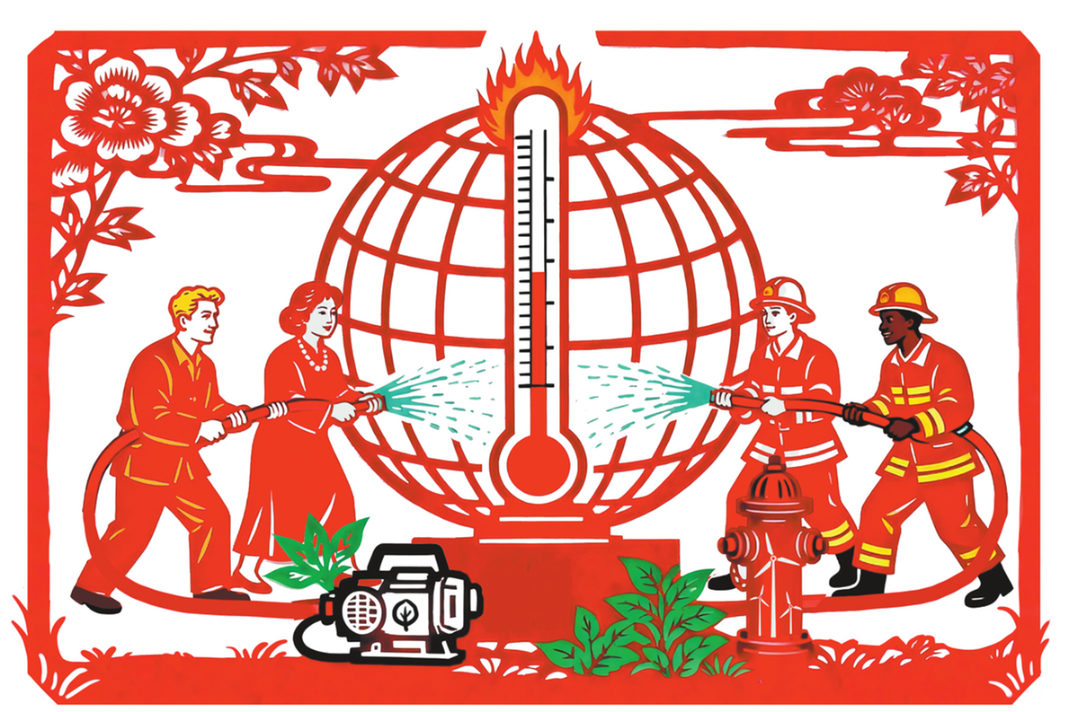Japan must fix stance on Taiwan question


Japan's stance on the Taiwan question has long defined its relations with China. Japan must reaffirm its commitment to the four important documents which are the bedrock of bilateral relations. However, it has purposely maintained strategic ambiguity on the Taiwan question.
As a result, the Taiwan question has remained a persistent pivot, shaped by Japan's post-war legal positioning, its domestic political constraints and, above all, its reliance on the United States-Japan security alliance.
After World War II, Japan accepted the Potsdam Proclamation and its requirement to restore Taiwan to China. But in practice, it followed the US-led "Treaty of San Francisco" signed in 1951, which had been signed without the participation of representatives from China. That "treaty" required Japan only to "renounce" Taiwan, without specifying its return to China. Using this omission as an excuse, Japan claimed it did not have the legal authority to define "Taiwan's status".
The position was blatantly contradictory. Japan was simultaneously agreeing to adhere to the Potsdam Proclamation while relying on a so-called "treaty" that obscured what Potsdam had made explicit. This dual-track approach was driven not by legal logic, but by strategic calculation.
Another key factor in Japan's Taiwan policy is the US-Japan security framework during the Cold War. During the early Cold War, the US regarded Taiwan as a critical strategic asset. As China and Japan sat down to normalize ties in the 1970s, the US was deeply concerned about how Japan would address the Taiwan question in the negotiations. Tokyo repeatedly reassured Washington that the US-Japan alliance would not be affected and that the US would have access to bases for "Taiwan-related operations". Even after normalization of China-Japan diplomatic relations, Japanese officials stated that including Taiwan within the "Far East" framework served US strategic interests.
After the Cold War, Japan further strengthened these security linkages. The 1997 and 2015 revisions in the Guidelines for Japan-US Defense Cooperation broadened bilateral roles in regional contingencies, widely interpreted as including the Taiwan island. Japan's 2015 security legislation tried to provide so-called "legal grounds" for supporting US military operations in a "crisis in Taiwan". In 2021, for the first time since 1969, Japan and the US issued a joint statement expressing concerns over peace and stability across the Taiwan Strait.
The recent provocative remarks by Prime Minister Sanae Takaichi have severely damaged ties with China. Speaking in the Japanese Diet, she claimed that a "Taiwan contingency" would constitute a "survival-threatening situation" for Japan — the most explicit formulation ever made by a serving Japanese leader. Her statement not only breaks with Tokyo's long-standing strategic ambiguity but also signals a shift toward treating Taiwan as a core element of Japan's national security, which is a blatant violation of China's internal affairs.
Japan's dual-track approach of offering political assurances to China while aligning with the US regional strategy during past US administrations has given Tokyo flexibility, but also created inconsistencies. Japan claims it abides by the Potsdam Proclamation but relies on the "San Francisco Peace Treaty", which China regards as invalid. Japan reassures China that it does not support Taiwan independence and upholds the one-China principle, yet expands the scope of US-Japan military cooperation in ways that could involve Japan in "Taiwan contingencies".
However, as the Chinese leadership and the incumbent US administration reaffirm the importance of managing the Taiwan question responsibly, Japan's increasingly explicit security framing stands in sharp contrast. Rather than reducing tensions, Tokyo's new rhetoric risks injecting additional uncertainty into an issue that the world's two major countries are actively seeking to stabilize.
Fortunately on Nov 24, President Xi Jinping and US President Donald Trump held a phone conversation in which the Taiwan question was a central focus. President Xi elaborated on China's principled position, stressing that the restoration of Taiwan to China is an integral part of the post-war international order. President Trump responded by expressing the US side's understanding of Taiwan's significance to China, signaling that even amid strategic competition, Washington acknowledges the sensitivity and centrality of the issue.
Hopefully, the phone call between the Chinese and US top leaders, followed by another call between President Trump and Prime Minister Takaichi, has clearly conveyed China's unshakable stance on the Taiwan question to the Japanese politicians. Additionally, President Trump can demonstrate his political acumen by influencing Japan, encouraging the Japanese politician to correct her missteps.
For Japan, strategic ambiguity on the Taiwan question is a shield. From Japanese politicians' perspective, an explicit acknowledgment that Taiwan is part of China may undermine Japan's post-war "security architecture" and its flexibility to maneuver in the region's shifting geopolitical landscape.
However, if Japan fully implements the latest remarks, it will be seen as a blatant infringement on China's integrity of sovereignty and territory, given that Taiwan is an inalienable part of China. Such statements, made on the 80th anniversary of the Chinese People's War of Resistance Against Japanese Aggression (1931-45), are evoking strong memories among the Chinese people of Japan's military past and also remind the people of the Asia-Pacific region of Japan's wartime atrocities in the region.
It is crucial for Takaichi to retract her misguided remarks, especially at this highly sensitive time, as they risk paving the way for a revival of militarism that can threaten regional peace.
The author is director-general of the Institute of Japanese Studies at the Chinese Academy of Social Sciences and chairman of the Chinese Association for Japanese Studies.
The views don't necessarily represent those of China Daily.
If you have a specific expertise, or would like to share your thought about our stories, then send us your writings at opinion@chinadaily.com.cn, and comment@chinadaily.com.cn.


































